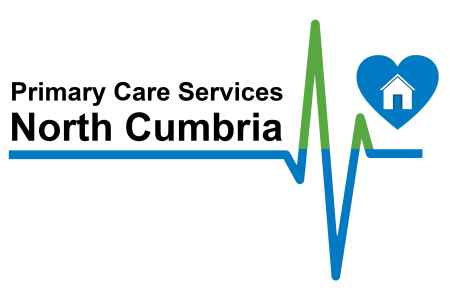
You can also find out more about some of the roles in Primary Care through our Careers pages where we have released a set of films with our local staff talking about various diverse roles within the world of primary care. They are available to view here.
We are all used to seeing GPs and nurses in their work in the practice but you might not always need to see them.
We have Pharmacists and Pharmacy Technicians in all PCNs and they provide vital support in managing medicines and handling queries about drugs. This can include reviewing patients – especially those with long term conditions who will benefit from a medication review.
A physiotherapist based in practice who will see patients with musculoskeletal issues who have been triaged as needing first contact support.
It can be better to see a physio than your GP as they will be able to give you some practical help and guidance to manage and improve your condition.
Physician associates (PAs) are medically trained, generalist healthcare professionals who work alongside doctors and provide medical care. They are able to work autonomously with the appropriate support of a medical supervisor.
A PA can:
- See acute on the day appointments
- Routine, pre-bookable, unfiltered appointments
- Telephone consultations
- Telephone triage
- Home visits
- Nursing and residential home visits
- Chronic disease management
- Urgent and routine referrals
- Specialist clinics e.g. Womens Health, Dermatology or Minor injuries.
The Faculty of Physicians Associates has a case study of ‘A Day in the life of a Primary care PA’.
Some practices have staff who can see people who need support with their wellbeing and mental health.
They may be services specifically for adults or for children and young people and can provide timely access to people who may need support but do not have mental health problems that require clinical intervention.
Social prescribers are available in all PCNs and can spend more time with patients looking at the wider issues affecting someone’s health and wellbeing.
They can help signpost people to practical help within their own communities, support them to meet people and join groups to reduce isolation and help come up with longer term plans to help them feel better. Social prescribing roles often have other names and are valued by the patients using their services.
Paramedics are registered healthcare professionals who have a unique role that crosses healthcare, public health, social care and public safety, they work autonomously providing care in a range of situations.
Working to support medical professionals.
Care co-ordinators have a long term relationship with patients who need additional support. As well as providing practical help and advice they also act as the eyes and ears of the practice and can alert your GPs if your condition is changing or requires more input as they can spend longer with patients.
Reception and admin teams are vital parts of the primary care family. They are trained to assess the best route for your concerns and aren’t just being nosy when they ask questions. Please share relevant information which will be handled confidentially with the admin team.



